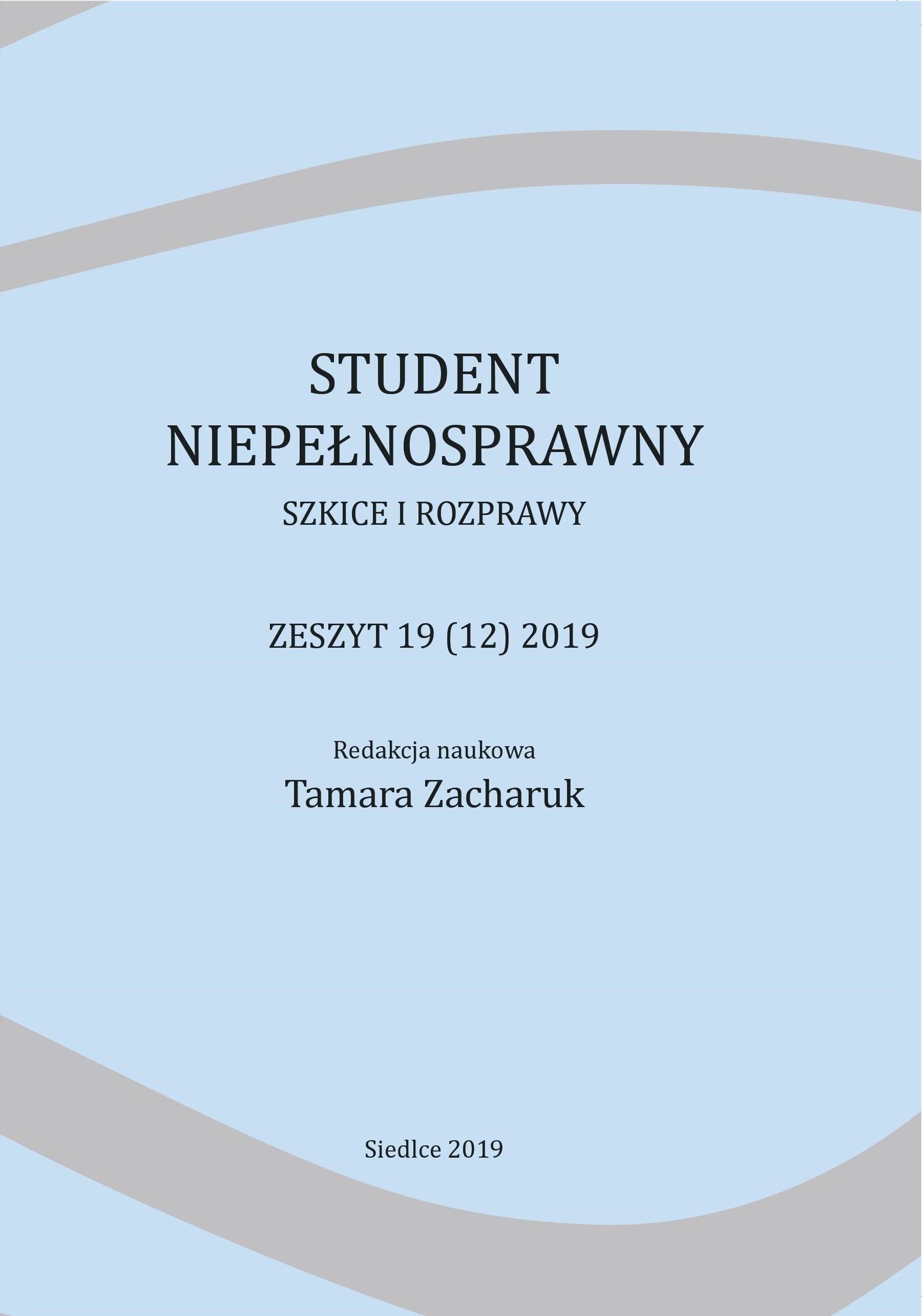The development of the potential of the teaching staff. Reminiscences of the head teacher of an educational institution
DOI:
https://doi.org/10.34739/sn.2019.19.07Keywords:
rozwój, potencjał osobowy, przywództwo, organizacja ucząca sięAbstract
Organizational development has for some time been a key concept for those who
are entrusted with executive functions, and whose essence of management is based on the
engagement of people associated with the organization. The dynamics of changes taking
place in the organization's environment requires its constant adaptation to the conditions
and requirements resulting from these changes. The development of the potential of people
creating the organization is the result of proper organization of work and motivation (internal
and external) of each person involved. Therefore, it is impossible to overestimate the role
of the staff managing the organization and responsible for the development of the company's
resources. These people are increasingly required not to manage but to lead a team of
employees. The commitment of the employees and the degree of identification with the
goals and tasks of the organization constitute an opportunity to achieve the status of a learning
organization. This article is a reflection of the head teacher of a youth detention centre associated with activities aimed at improving and developing the facility in an individual (personal) as well as organizational (process) dimension.
Downloads
References
Bittel L.R., (1996), Krótki kurs zarządzania, Wydawnictwo PWN, Warszawa.
Bolesta-Kukułka K., (1995), Polityka personalna w strategii rozwoju firmy, Wydawnictwo Międzynarodowa Szkoła Menedżerów, Warszawa.
Day C., (2006), Jak wygląda skuteczne przywództwo w szkole?, [w:] J.M. Michalak (red.), „Przywództwo w szkole”, Oficyna Wydawnicza Impuls, Kraków.
Elsner D., (1999), Doskonalenie kierowania placówką oświatową. Wokół nowych pojęć, Wydawnictwo MENTOR, Chorzów.
Elsner D. (1999), Nowa koncepcja WDN, [w:] „Nowa Szkoła. Skuteczne zarządzanie w praktyce”, Wydawnictwo RAABE, Warszawa.
Gasparski W., (1978), Projektowanie. Koncepcyjne przygotowanie badań, Wydawnictwo PWN, Warszawa.
Griffin R.W., (1998), Podstawy zarządzania organizacjami, Wydawnictwo PWN, Warszawa.
Knafel K., Żłobecki E., (1999), Wewnątrzszkolne Doskonalenie Nauczycieli. Program Nowa Szkoła, Wydawnictwo CODN, Warszawa.
Kotarbiński T., (1961), Elementy teorii poznania, logiki formalnej, metodologii nauk, Wydawnictwo Zakład Narodowy im. Ossolińskich, Wrocław.
Lewin K., (1951), Field Theory in Social, Science. Harper and Row Publishing, New York.
MacBeath J., Swaffield S., (2009), Leadership for Learning, w: J. MacBeath, N. Dempster (red.), „Connecting Leadership and Learning. Principles for Practice”, Routledge, London, New York.
Machaczka J., (1996), Przedsiębiorczość, zarządzanie i zmiana – tryptyk rozwoju organizacji, „Przegląd Organizacji” nr 5/96, Wydawnictwo TNOiK, Warszawa.
Penc J., (2001), Kreowanie zachowań w organizacji. Konflikty i stresy pracownicze. Zmiany i rozwój organizacji, Agencja Wydawnicza Placet, Warszawa.
Pomianowska M., Sielatycki M., Tołwińska-Królikowska E., (2000), Awans zawodowy nauczyciela. Poradnik, Wydawnictwo CODN, Warszawa.
Pszczołowski T., (1978), Mała encyklopedia prakseologii i teorii organizacji, Wydawnictwo Ossolineum, Wrocław.
Stoner J.A.F., Wankel C., (1992), Kierowanie, Wydawnictwo PWE, Warszawa.




